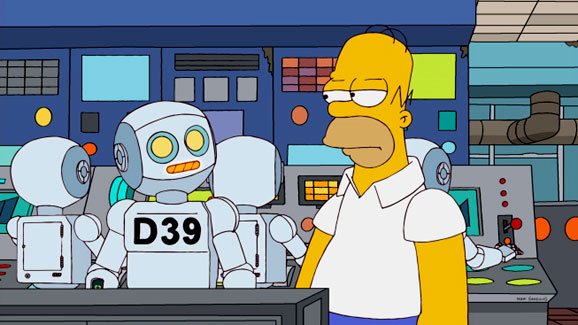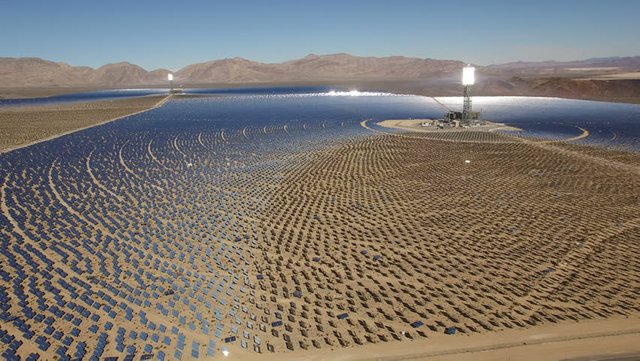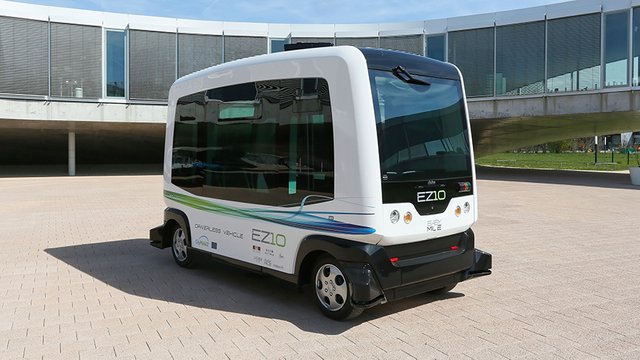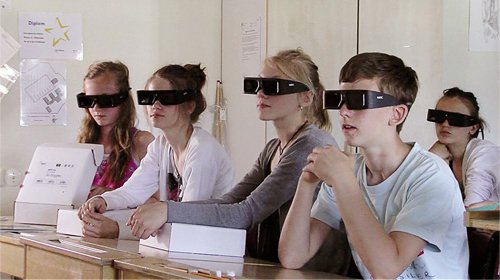How Technology Can Make Life Better and Less Expensive
We are incredibly lucky to live in the 21st century. Life is good, and its about to get much better.
In this post I’m going to outline some of the key developments going on right now that will massively improve our lives.
There’s been some tech pessimism going around recently, and I’ve seen quite a few articles about how technology is going to cause mass unemployment and replace the need for humans in a host of industries. Automation is inevitable, because robots and software have greater efficiency & capabilities while being able to operate at a lower cost.
As an example, look at the trucking industry, which is just beginning to be disrupted by driverless vehicles. The benefits are obvious:
- a driverless vehicle can run all day without any breaks;
- the chance of a driving error is significantly lower;
- it doesn’t demand wages, social security, pension, etc.
It’s a no-brainer for owners of trucking fleets to upgrade as soon as possible.
Being replaced by a machine is a concern for many people, who wonder what they will do for a living and how they will fulfil their basic needs. However, the flip-side to technological unemployment is that the cost of living will be demonetized as we try to build a post-scarcity society. In other words, almost everything we require in our daily lives is going to become radically cheaper, perhaps even free, and technology will allow that to happen.
Lets look briefly at some of the key industries where the effects will become most obvious:
Communications:
The internet was a game-changer, but it’s the smartphone that has given the masses access to it. Even in developing countries, smartphone ownership is soaring, and because companies want data so badly, in areas of the world where potential consumers haven’t come online they’ll soon be giving handsets away.
Because of this amazing device, people can communicate with anyone for free via email, messaging and video chat apps like WhatsApp or Skype and social media platforms like Facebook and, of course, Steemit . Every year, the cost of data is coming down, the UN says the internet is a basic human right, while countries like Finland and Estonia are already providing citizens with free hi-speed internet.
Entertainment:
The internet has also revolutionised the entertainment industry. In the old days, if you wanted to watch a film you had to go to the video store and rent it. Now, you can pay a low flat-rate fee on services like Netflix and watch as much as you want, choosing from a massive library. If you don’t want to pay that fee - no problem! You can watch stuff for free using (illegal) Torrents, dubious streaming websites, or of course YouTube.
The same is true of music. When I was a teenager saving all my pocket money to buy a CD album, I never dreamed that in a few years I would have access to all the music courtesy of Spotify, Soundcloud, etc.
With such a wealth of entertainment at your fingertips, even if you have no job, at least you won’t be bored!
Energy:
Its all well and good being entertained, but you need energy to power your precious internet and all sorts of other things. Fossil fuels (coal, oil, gas) are rubbish for this, and will soon be phased out and replaced with renewables or nuclear. Wind, tidal, and solar are going to be massive industries, and are becoming cheaper every year. Importantly, some of the worlds poorest countries also get the most sun, meaning super-cheap electricity for developing countries.
Transportation:
We are on the cusp of a transportation revolution, and technology is going to turn the industry as we know it completely on its head. I need a longer post to explain the full implications, but for now, just think about how your life will be changed by electric driverless vehicles that are available on demand.
Uber is showing us a glimpse of the future - just open an app and a ride will be with you in 5 minutes and take you from A to B at a fraction of the cost and zero effort.
Soon, most people won’t buy cars to own – it’s a fairly redundant asset, because it sits unused 95% of the time. Less cars means safer, less crowded roads, quieter cities, cleaner air, etc.
Housing:
Partly because of communication and transportation advances, housing will change. People will no longer have to live close to their work, because they can commute virtually or enjoy some me-time on their way to work in an autonomous vehicle. Cities will become less dense, and more suburbs will spring up on the cheaper land which suddenly becomes more attractive. Sprawling mega regions will develop, like you can see in parts of Europe, Asia and the US.
Housing itself will become cheaper to build, in no small part thanks to large 3D printing. Just check out this whole house that was 3-D printed in a day:
Its insane to think where this tech is heading. In the future, if you want to extend your property – don’t hire an architect or team of builders, just find some blueprints online and print everything you need!
Food:
Everyone needs to eat! Luckily the costs of food production are likely to fall drastically. Remember those 3D printers that print your house, well they can also print a nutritious meal. The guys in the video below have their mind blown when a machine prints an edible pizza right in front of their eyes!
Soylent is a famous start-up that produces cheap and convenient meals. Genetically modified crops and companies like Modern Meadow which synthetically produces animal products, hint at the direction of lab grown, non-organic food, which could save massively on resources.
Education:
Currently, the way children learn is a bit outdated. If I think back to how I learned at school, a lot of the knowledge I accumulated was pretty worthless and easily forgotten. Now if I want to know a fact, I just Wikipedia it. Curriculums need an overhaul, but I predict that soon there will be a lot more emphasis on self-learning and even virtual reality classrooms.
Importantly, the cost of improving your knowledge will be virtually zero, thanks to leading institutions giving away their knowledge and resources for free (TED Talks, Massive Open Online Courses offered by universities like MIT, XPRIZE foundation, etc.) and the general trend towards democratization of knowledge. Of course, you still need to be able to think critically, and this will be the biggest challenge for educators.
Health:
Healthcare is perhaps one of the industries most in need of demonetization (especially in the US). It will happen fast however, as AI is already helping diagnose illnesses (deep learning algorithms can identify skin cancer or leukaemia) and the personalisation of care.
Artificial organs (either 3D printed or lab-grown) are getting better and better, and advanced robotics will make complicated surgeries routine. Genome sequencing will allow healthcare provision to become predictive rather than reactive, by preventing people from getting sick in the first place.
The rapid technological advancements in any one of these industries alone is a massive deal, but remember, they are not happening in isolation.
Each advance has knock-on effects in other industries, and they push each other forward as a result. It’s a really exciting time!
Oh – well that escalated quickly
I’ve only just begun to put my thoughts on this down. Now that I’ve opened this Pandoras Box, I’ve got to see it through, so consider this an introductory post outlining some broad themes. In the coming weeks I will dive into these topics in more details, so stay tuned.
Let me know what excites you about the future of tech in the comments….
Upvote and follow for Good Vibes!
@sroka87







It is a nice post. I do not understand those that are pessimistic about technology. When you compare our standard of living with that of our grandparents we are way better off thanks to technological advances.
Wow..what a great read...turning science fiction like movie into near reality...I hope the are a of healthcare picks up faster than others...but my question is...if robots & computer programming g takes over all...what is the way forward for huamns...that's the only gap in this which I await you to fill...upvoted and following already...
I might address AI super-inteligence in a nother post. It will be a long one!
I still wanna dig a bit deeper into each of the topics above, as there is so much more I can say about it!
Thanks for reading and commenting!
Nice posting, I have followed you! :)
Hi! Have you heard about @krwhale? It is similiar with @randowhale. For your information please click on.